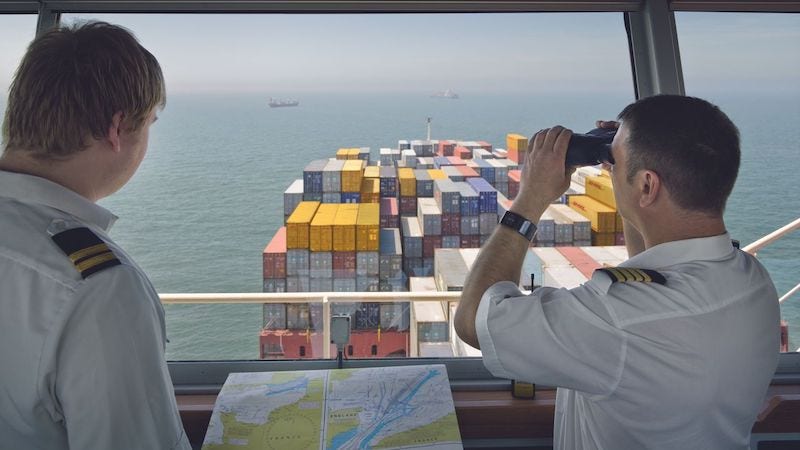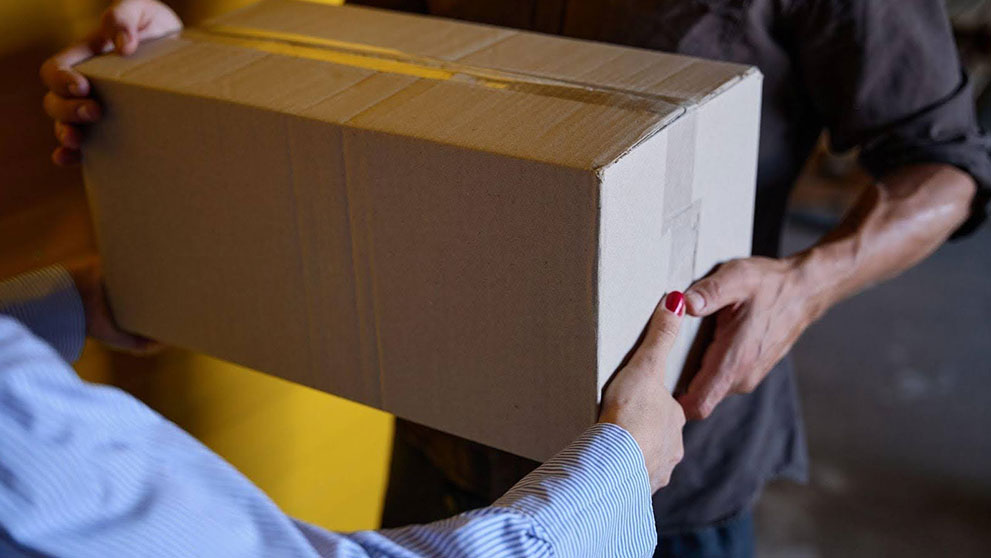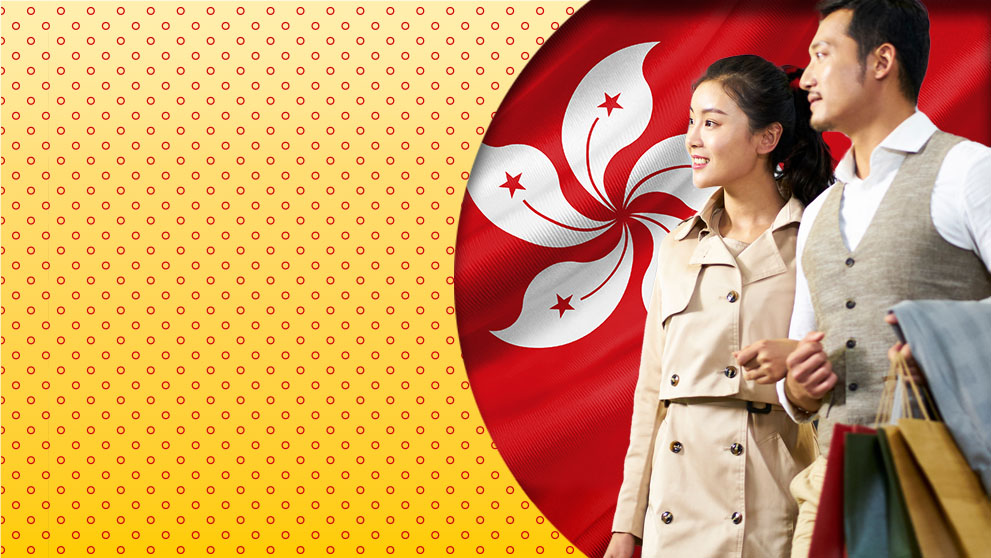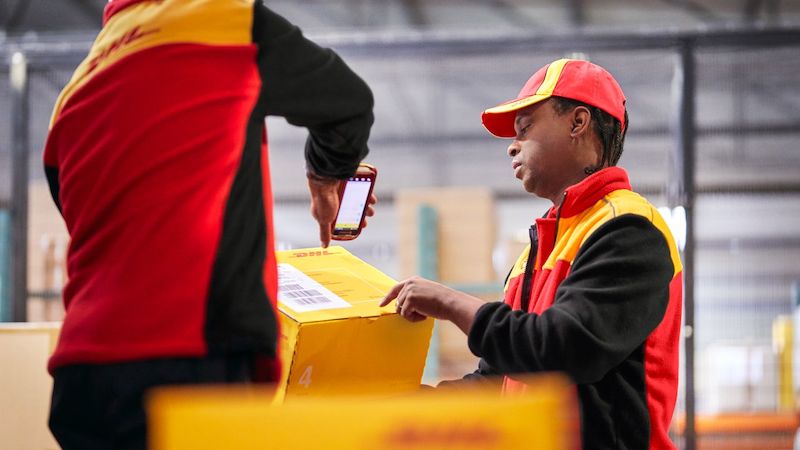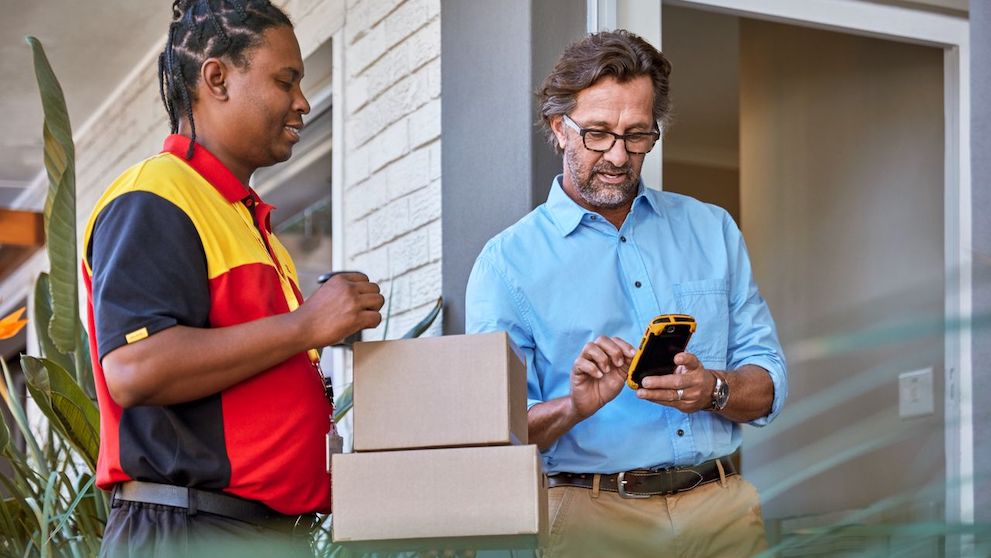Strategically located between Asia, Europe, and Africa, the United Arab Emirates (UAE) is one of the most attractive trade and commerce markets in the Middle East. The country is also home to one of the world's top 10 busiest ports, the Port of Jebel Ali, and with its strong economic ties to the members of the Gulf Cooperation Council (GCC), the opportunity for businesses to engage in international trade with the UAE is significant. In addition, with its strong infrastructure and growing e-commerce market, the UAE is a country that offers a range of opportunities for businesses in the Philippines to grow and expand. That said, when it comes to shipping from the Philippines to the UAE, there are a few important things you will need to consider. In this article, we will provide you with a comprehensive guide to help you understand the shipping process.
The UAE – one of the Philippines' biggest export markets
The Philippines and the UAE have had strong economic ties for many years, with the UAE being the Philippines' largest export shipping partner in the Middle East. According to the United Nations COMTRADE database on international trade, exports from the Philippines to the UAE in 2021 were valued at approximately US$266.97 million. This includes a range of products, with the top five being electronic products, processed food and beverages, fresh pineapples and products, chemicals, as well as machinery and transport equipment.
How the Overseas Filipino Workers population in the UAE has helped boost trade
Overseas Filipino Workers or OFWs in short, have been pivotal to the UAE's economic growth. In a journal written by Dr William Guéraiche, it was indicated that the UAE is the second destination of Filipino emigrants in the world, and this is largely attributed to working opportunities in the Gulf along with endemic unemployment in the Philippines. According to the most recent figures from the Philippines Statistics Authority (PSA), of the total 1.83 million OFWs in 2021, about 24.4% worked in Saudi Arabia followed by the UAE at 14.4%, Kuwait at 5.9%, and Qatar at 4.8%. This means that close to 260,000 OFWs are currently working in the UAE – making up one of the largest expatriate populations in the country. This has helped to bolster trade between the Philippines and the UAE, with the OFWs contributing to the demand for an array of domestic products that is being couriered on a regular basis from the Philippines to the UAE.
¹ Zawya August 2022
² Trading Economics February 2023
³ Gulf Today January 2022
⁴ Transnational Filipinos in the UAE: Actors and Strategies 2016
⁵ Philippine Statistics Authority April 2022
⁶ PWC September 2022
⁷ PortCalls January 2023

